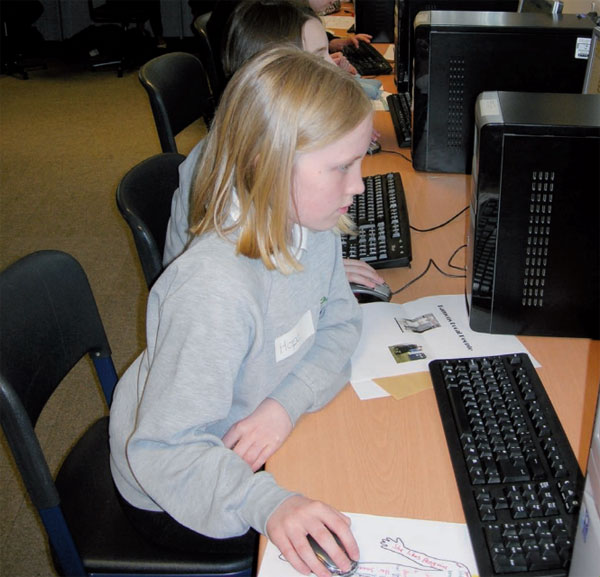
Here, Catherine Thornley discusses the proven benefits of linking ICT to literacy in the classroom and how this approach can be extended to encourage parents to support literacy development using a few simple ICT techniques at home.
Establishing the foundations for literacy skills at an early age is of utmost importance in order to prepare people for adulthood. As revealed in the Government’s literacy research paper, ‘Literacy and Social Inclusion’, literacy is hugely important and “underpins all educational achievement and is central to economic advance; it helps develop human potential and raises self-esteem.”
For a number of children, literacy can be an area in which they struggle, and this may consequently cause them to form negative opinions about it. However, establishing good literacy skills at a young age can provide cross-curricular benefits for learners helping them to improve in other subjects, such as maths and science. If a child does not begin to grasp basic literacy skills early on in life this may result in them feeling disengaged which could negatively infringe on their development; not only their educational development but also social, both as a child and into adulthood.
ICT and literacy in the classroom